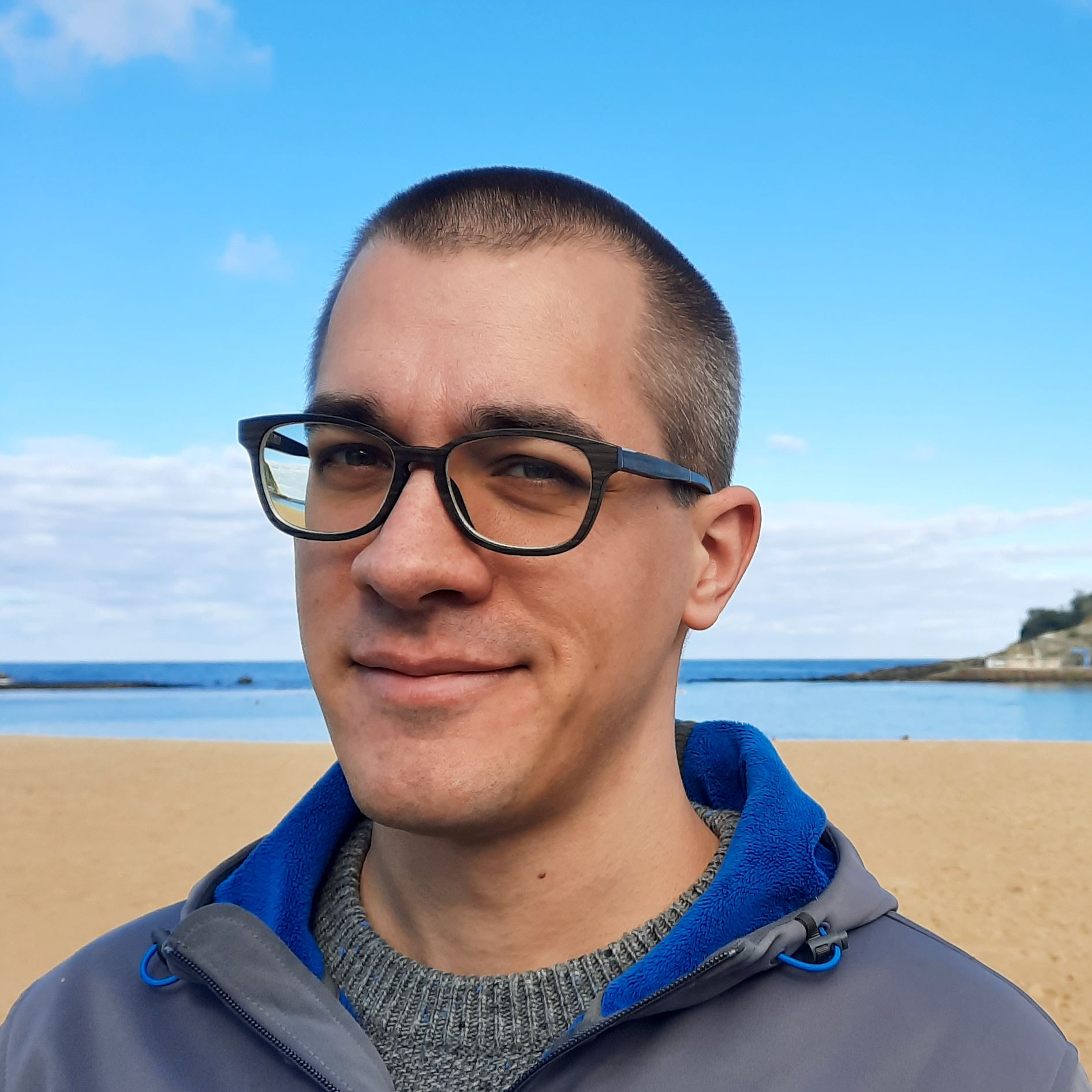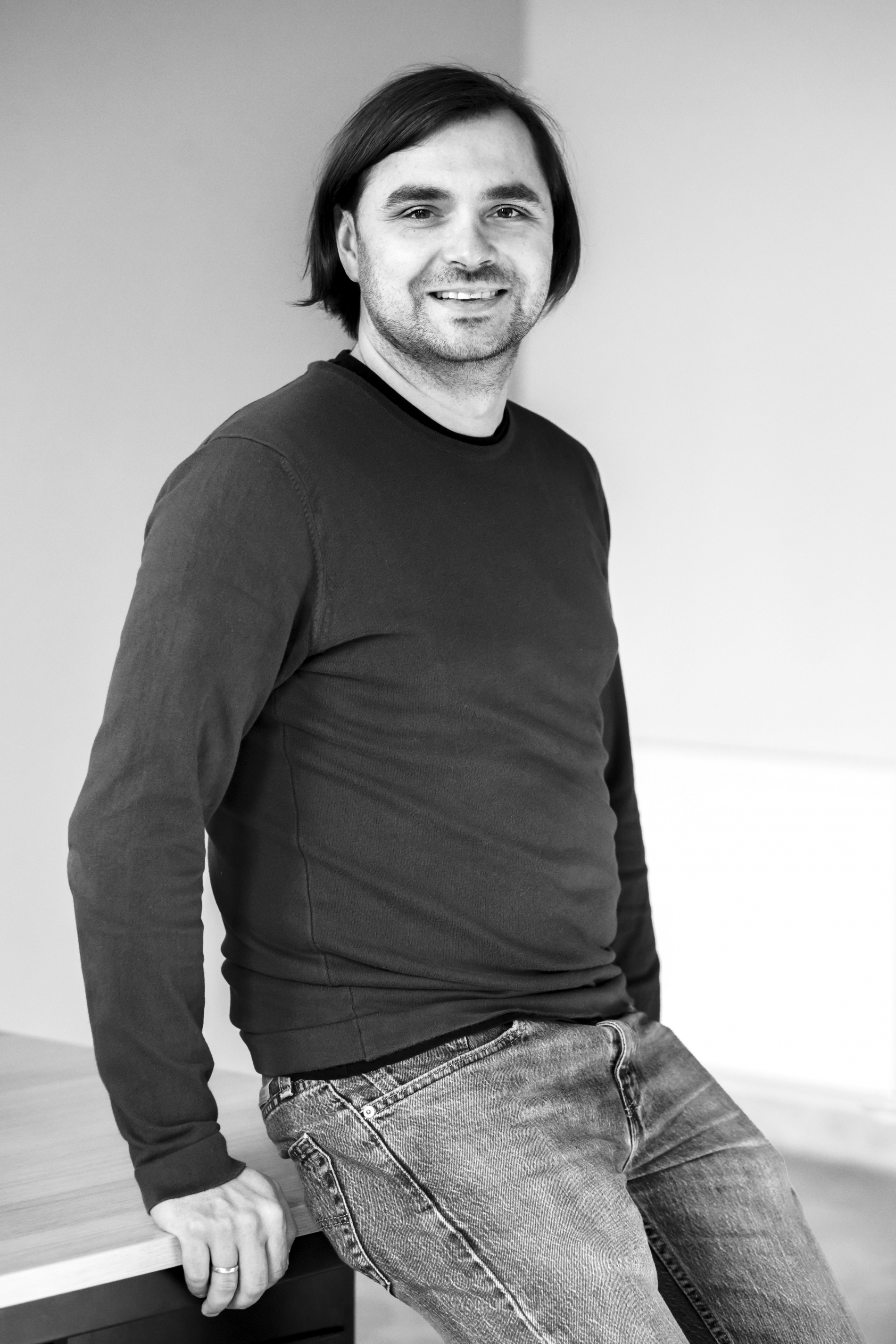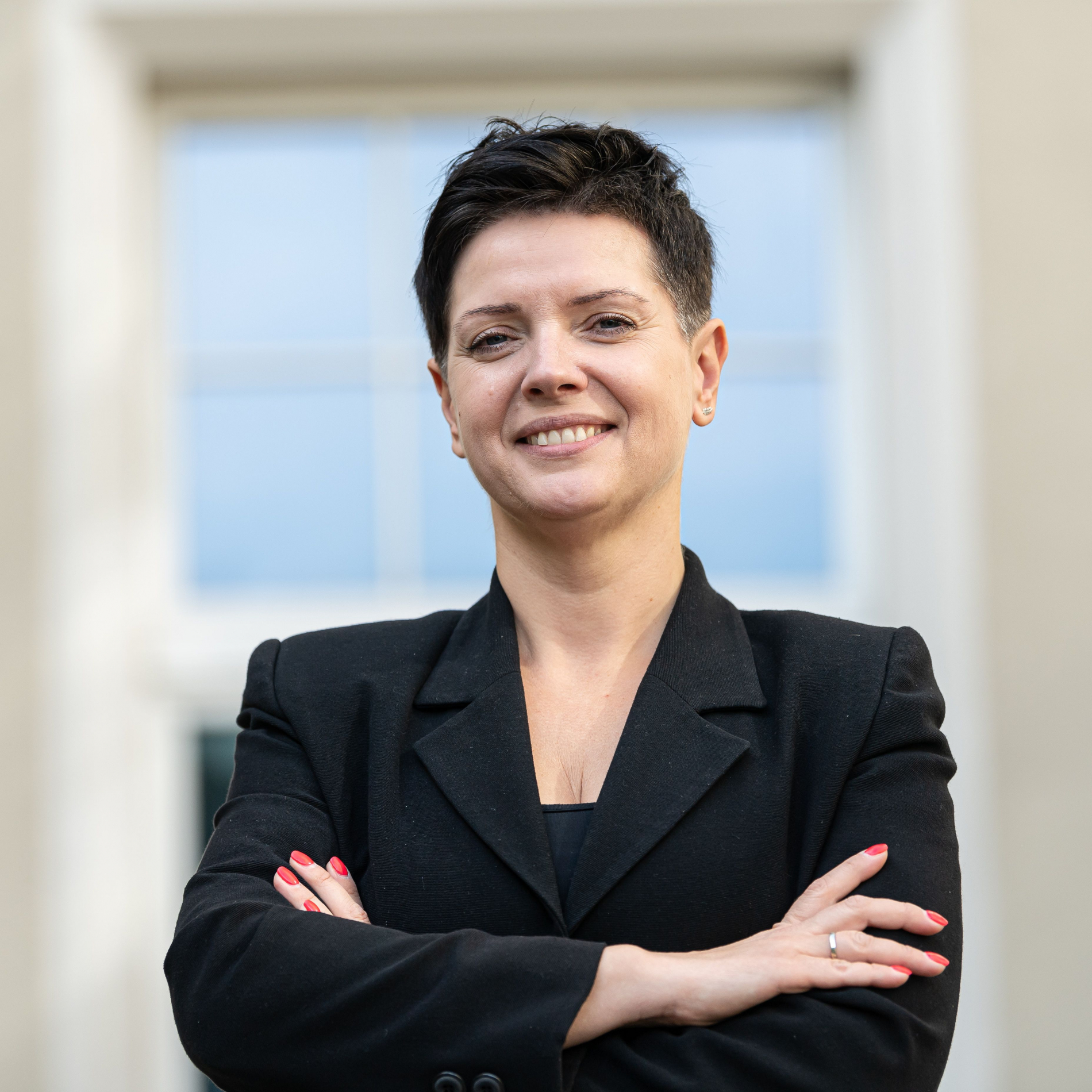YOUR BROWSER IS OUT-OF-DATE.
We have detected that you are using an outdated browser. Our service may not work properly for you. We recommend upgrading or switching to another browser.
Date: 19.11.2021 Category: general news, international cooperation, science/research/innovation
Nearly 4.5 million PLN has been awarded to three scientists from Wrocław Tech for projects conducted in cooperation with research teams from Germany. The grants were awarded under the Opus LAP programme organised by the National Centre for Science.
Opus LAP is a part of the Opus competition, concluded in May 2021, which resulted in grants also for Wrocław Tech scientists. The LAP programme is designed to make it easier for international research teams to apply for funding necessary for collaborative projects and streamline the process used by research funding institutions to evaluate applications.
30 projects received funding amounting to a total of over 41.2 million PLN. Among the awarded entries are three projects from Wrocław University of Science and Technology.
 A grant of over 1 million PLN was awarded to Daniel Wigger, PhD from the Faculty of Fundamental Problems of Technology. He will carry out his physics project entitled "Quantum acoustics using semiconductor quantum dots" in cooperation with the University of Münster.
A grant of over 1 million PLN was awarded to Daniel Wigger, PhD from the Faculty of Fundamental Problems of Technology. He will carry out his physics project entitled "Quantum acoustics using semiconductor quantum dots" in cooperation with the University of Münster.
– At Wrocław University of Science and Technology, we will carry out theoretical simulations of the systems studied. Experimental analyses will be performed by Prof. Hubert Krenner in Münster – says Daniel Wigger, PhD. – The collaborative research will concern, among other things, the properties of single quantum particles of sound and light in the nanoscale range and the possibility of their use in future hybrid quantum technologies – he adds.
Classic sound waves are already widely used in devices we use every day, such as smartphones. However, in his project, Prof. Krenner and Wigger, PhD propose solutions that push the boundaries of the quantum world to the nanoscale and thus open up a new field of application in nanotechnology.
 Over 1.7 million PLN was awarded to Paweł Karpiński, PhD, Eng. from the Faculty of Chemistry for his project entitled "Anti-Stokes cooling for fluidics”. The three-year project will be conducted with the group led by Prof. Frank Cichoś of Leipzig University. The research explores the possibility of using nano- and microcrystals doped with rare-earth ions, such as ytterbium and erbium, for laser-induced cooling of water systems.
Over 1.7 million PLN was awarded to Paweł Karpiński, PhD, Eng. from the Faculty of Chemistry for his project entitled "Anti-Stokes cooling for fluidics”. The three-year project will be conducted with the group led by Prof. Frank Cichoś of Leipzig University. The research explores the possibility of using nano- and microcrystals doped with rare-earth ions, such as ytterbium and erbium, for laser-induced cooling of water systems.
– In parallel, we will work on remote temperature measurement methods using scattered light, so-called Raman scattering. We will also explore the use of local cooling to induce fluid flow in a temperature gradient and combine this with research into salt solutions that contain small ions and can be attracted to or repelled from a cold source – explains Paweł Karpiński, PhD, Eng.
Positive results of the project will have a huge impact on biological research, as it will allow the measurement of cell properties and their response to low-temperature stress. Among possible areas of use is also local cryotherapy, where diseased or cancerous cells could be neutralised or killed. Until now, laser cooling has been limited to heavy water (D2O), which is not found in living organisms and cannot be used for biological research.
The person behind the third of the awarded projects developed at Wrocław Tech, entitled "Study of the effect of self-healing organic-gel layers on corrosion resistance and fatigue of steel in the VHCF range", is Justyna Krzak, PhD, Eng. of the Faculty of Mechanical Engineering.
 The partners involved in the project will be the teams of Prof. Wojciech Simka from the Silesian University of Technology (Faculty of Chemistry, Department of Inorganic and Analytical Chemistry and Electrochemistry) and Marek Smaga, PhD from the Technical University of Kaiserslautern (Faculty of Mechanical Engineering and Process Engineering, Department of Materials Science). The grant amounts to over 1.6 million PLN.
The partners involved in the project will be the teams of Prof. Wojciech Simka from the Silesian University of Technology (Faculty of Chemistry, Department of Inorganic and Analytical Chemistry and Electrochemistry) and Marek Smaga, PhD from the Technical University of Kaiserslautern (Faculty of Mechanical Engineering and Process Engineering, Department of Materials Science). The grant amounts to over 1.6 million PLN.
– The project deals with the important issue of protection and degradation of steel substrates coated with self-healing organic-inorganic sol-gel coatings which are exposed to corrosion and fatigue. In particular, the goal is to understand the mechanisms that accompany complex degradation states in the coating under fatigue loading, including gigacyclic (VHCF) – says Justyna Krzak, PhD, Eng.
The results obtained throughout the project will be used to develop models describing the influence of environment, applied layers, and type of loading on both corrosion and fatigue-related degradation.
The researchers assume that the active sol-gel silica coating obtained in the project, modified with zirconium butanolate and nanocapsules containing Ce(III), will increase the corrosion resistance of low-carbon P265GH and austenitic AISI 904L steels under elevated mechanical loads and delay the cracking of the surface layer of substrates, thus extending the steel materials’ lifespan.
Our site uses cookies. By continuing to browse the site you agree to our use of cookies in accordance with current browser settings. You can change at any time.